Client Alert
Online Lenders Beware—CashCall Decision another Example of True Lender Risks
September 29, 2016
By Tom Brown, Lawrence D. Kaplan, Gerald Sachs & Kristin S. Teager
A recent decision by the United States District Court for the Central District of California, which challenged the business model of an online lender that sought to avail itself of preemption by lending through association with an Indian tribe,[1] sets forth valuable lessons for participants in online lending markets. Consumer Financial Protection Bureau v. CashCall, Inc., et al. is just the latest case challenging the identity of the “true lender” in a multi-party lending transaction and is illustrative of factors that can lead to a finding that a nonbank involved with a bank should be deemed the “true lender” of the credit extended. The case raises significant issues regarding enforceability of the associated loans and compliance with state usury and licensing requirements.
In CashCall, the Consumer Financial Protection Bureau (the “CFPB”) challenged CashCall’s most recent structure to offer consumer loans. The structure involved CashCall marketing, processing, and servicing loans for which the loan documents denominated Western Sky Financial, an entity associated with the Cheyenne River Sioux Tribe, as the lender. By using Western Sky, CashCall sought to export Tribal laws nationwide, preempting state licensing statutes and usury limits, in order to offer high-rate loans. In resolving cross-motions for summary judgment, the court found that although Western Sky was listed on the loan documents as the lender of record, CashCall was the de facto or “true lender” based on the court’s review of the “totality of the circumstances.”[2] Under such theory, the court’s decision placed significant weight on what occurred in practice versus the terms of the loan documents.
The business model that the CashCall court criticized relied upon a structure commonly used by many online lenders, in which an online technology platform partners with a state or federally chartered insured depository institution, which is listed on the loan documents as the creditor. This structure allows a nonbank, without state lending licenses, to solicit consumers across the country for loans extended by the bank. Loans extended by the bank have interest rates based on the laws of where the depository institution is located rather than where a borrower resides.[3]
The CashCall court found that as structured between CashCall and Western Sky “the entire monetary burden and risk of the loan program was placed on CashCall, such that [it], and not Western Sky, had the predominant economic interest.” The court specifically noted that CashCall pre-funded for Western Sky two days’ worth of loans, purchased every originated loan after waiting a minimum of three days after the loan’s closing, guaranteed a minimum purchase or payment amount, and agreed to entirely indemnify Western Sky from any civil, criminal, or administrative liability associated with its loans. The court ignored the fact that Western Sky still bore the burden and liability of the loans should CashCall not have fulfilled its contractual obligations.
The court also found that the Cheyenne River Sioux Tribe did not have a substantial relationship with CashCall’s consumers, and as such, public policy favored the state usury laws of those consumers’ home states. Thus, the court held the Tribal choice of law provisions of the loans should be invalidated, and that the usury and licensing laws of the borrowers’ home states should be applied to the loan contracts. The effect of this ruling was that some loans originated pursuant to CashCall and Western Sky’s arrangement violated state law, rendering them void or voidable and thus uncollectable. Furthermore, the court accepted the CFPB’s novel argument that CashCall’s servicing of these uncollectable loans was a deceptive practice in violation of the Dodd-Frank Act’s prohibition against unfair, deceptive, and abusive acts and practices,[4] because CashCall had created the false impression to consumers that the loans were valid and collectable.
This case follows upon a 2014 West Virginia case also involving CashCall.[5] In CashCall-WV, the nonbank partnered with a Delaware-chartered bank to purchase small, high interest rate loans originated by the bank within three days of origination. The West Virginia Supreme Court of Appeals held that CashCall’s bank partner was not the true lender and, therefore, Section 27 of the FDIA did not permit CashCall to import the usury laws of Delaware, which were inconsistent with West Virginia law. In determining CashCall was the true lender, the court looked to the substance, rather than the form, of the loan transactions, affirming a lower court’s view that CashCall had the “predominant economic interest” in such transactions.[6] The court noted that the program agreements “placed the entire monetary burden and risk of the loan program on CashCall.”[7] Additionally, the CashCall-WV court found that CashCall:
paid the bank for more than the amount actually financed on each loan;
agreed to purchase only the loans that complied with CashCall’s underwriting policies;
agreed to indemnify the bank for claims including those asserted by borrowers; and
in accounting reports, treated the loans as if they were funded by CashCall.[8]
In balancing these factors, the court held that CashCall, and not the bank, was the true lender, and as a result, CashCall was found to have violated West Virginia’s usury laws.
More recently in Commonwealth of Pennsylvania v. Think Finance,[9] a Pennsylvania court ruled in a motion to dismiss that the internet-based marketplace lender, Think Finance, was a true lender and therefore was not entitled to rely on Delaware’s usury laws. Think Finance, through a marketing agreement, partnered with a Delaware-chartered bank whereby Think Finance solicited loans through its website and the bank originated those loans to consumers located in Pennsylvania. Although Think Finance had internet operations in Pennsylvania for several years, the Pennsylvania Department of Banking (the “Department”) had taken the position that only lenders with a physical presence in the state were subject to state usury laws. Notwithstanding this position, in 2008, the Department published a notice that going forward, all lenders, including internet-based lenders, would be required to comply with state usury laws. Think Finance failed to comply with the usury laws, and the Pennsylvania Attorney General brought suit alleging that Think Finance not only violated state lending laws, but also engaged in unfair or deceptive acts and practices in violation of a number of other state and federal laws. The court found that the high payment rate Think Finance received, as well as the level of control the company exerted over the lending operations, supported an inference that Think Finance was the true lender. Thus, the case alleging Think Finance violated state and federal laws will proceed.
Each of these decisions materially differ from the findings in Sawyer v. Bill Me Later,[10] a 2014 decision in which the U.S. District Court for the District of Utah, Central Division found that Bill Me Later, the nonbank counterparty, was not the true lender of loans originated through its website. In Sawyer, as in the Cash Call and Think Finance cases, Bill Me Later solicited and marketed loans that were originated by a bank and subsequently bought and serviced the loans. However, unlike the CashCall and Think Finance cases, it was the bank that funded the loans, held the credit receivables for two days, owned the consumer accounts, and profited from the financial gain based on interest collected on the consumer loans.[11] The Sawyer court, therefore, found the bank’s actions were sufficient to find it was the “true lender” in the transactions. While bad facts make bad law, and the CashCall case had some particularly bad facts, many of the facts in the CashCall and ThinkFinance cases taken separately, do resemble many online lending relationships.
It is not uncommon for commercial contracts to assign counter-party risk, guarantee minimum purchases or payments, require the purchase of receivables, and entail some good faith payment or deposit. Although the CashCall court has drawn a somewhat more clear line regarding these issues—at least in the Central District of California—there appears to be several common denominators with respect to cases in which the nonbank is deemed to be the “true lender,” including that the underlying loans have high interest rates. While high interest rate loans serve a purpose in the consumer lending market, these loans have been subject to significant regulatory criticism, which appears to be more based on moral outrage than market economics.[12] In addition, in many of the cases where the nonbank entity has been found to be the true lender, the bank partner was not involved with the litigation.
As is the trend with the CFPB, at least as it applies to nonbank entities, the Bureau sought to hold CashCall’s shareholder directors and officers personally liable for corporate acts, and upon the CFPB’s request, the court held CashCall’s sole shareholder liable for the deceptive practices, because as the chief executive officer he either knew or was recklessly indifferent as to the misrepresentations to consumers. The culmination of these rulings raises the stakes for online lenders and increase the potential costs if a court were to find that nonbanks typically act as true lenders in bank/nonbank lending partnerships.
Notable Information and Action Items
The CashCall and Think Finance cases should not be viewed as a game-changing event nor the end of online lending as we know it involving banks and nonbanks. The CashCall and Think Finance cases, however, underscores the importance of continually evaluating regulatory risk as your business model changes—especially in today’s ever changing regulatory environment.
Nonbanks in contractual relationships with depository institutions must ensure that their lending counterparty shares in the risk of the loan—beyond mere contractual obligations.
In contractual relationships where the nonbank purchases loans originated by the bank, a longer period of retention is always better to document how a lender shares in the risk of the loans.
Given the CFPB’s broad jurisdiction and increased interest in holding individuals responsible for corporate activity, shareholders, directors, and officers must carefully be involved in structuring their lending and relationships to mitigate structures that could be deemed to be deceptive practices.
Online lenders must be aware that CFPB coordination with state attorney generals to ensure compliance with state consumer protection laws and is likely to continue this practice in the future.[13]
[1] Consumer Financial Protection Bureau v. CashCall, Inc. et al., CV 15-7522-JFW (Aug. 31, 2016).
[2] In a footnote to the opinion, the court deemed all disputed facts to be immaterial and to the extent the court relied on any disputed facts, it overruled any objections to those facts, but did not issue a separate finding of undisputed facts.
[3] See e.g., Section 85 of the National Bank Act, 12 U.S.C. § 85 (allowing interest rate exportation for national banks from the state in which the bank is located), and Section 27 of the Federal Deposit Insurance Act, 12 U.S.C. § 1831d(a) (allowing interest rate exportation for federally insured state banks from the state in which the bank is located). See also Marquette Nat’l Bank of Minneapolis v. First of Omaha Service Corp., 439 U.S. 299, 314-18 (1978) (permitting a national bank located in one state to lawfully charge interest rates permissible in such state regardless of usury limitations in the borrower’s home state).
[4] 12 U.S.C. § 5536(a)(1)(B).
[5] No. 12-1274, 2013 W. Va. LEXIS 587 (W. Va. May 30, 2014) (“CashCall-WV”).
[6] CashCall-WV at 17.
[7] CashCall-WV at 9.
[8] CashCall-WV at 9.
[9] Civil Action No. 14-cv-7139, (E.D. Pa. Jan. 14, 2016), https://www.paed.uscourts.gov/documents/opinions/16D0048P.pdf.
[10] Sawyer v. Bill Me Later, Inc., 23 F. Supp. 3d 1359 (D. Utah 2014), which was cited as contrary by CashCall, but without a distinguishing parenthetical. Paul Hastings attorneys represented Bill Me Later in this matter.
[11] Sawyer at 15-17.
[12] Andrew M. Harris & Jesse Hamilton, FDIC, Fed Must Face Payday Lenders’ ‘Choke Point’ Lawsuit, Bloomberg, Sept. 25, 2015, http://www.bloomberg.com/news/articles/2015-09-25/fdic-fed-must-face-payday-lenders-choke-point-lawsuit.
[13] At least 13 states filed formal actions against CashCall in relation to their lending practices and the CFPB worked collaboratively with a number of state attorney generals for the CashCall case. See Prepared Remarks of the CFPB Director Richard Cordray on the CashCall Enforcement Action, Dec. 16, 2013, http://www.consumerfinance.gov/about-us/newsroom/prepared-remarks-of-cfpb-director-richard-cordray-on-the-cashcall-enforcement-action-press-call/.
Contributors
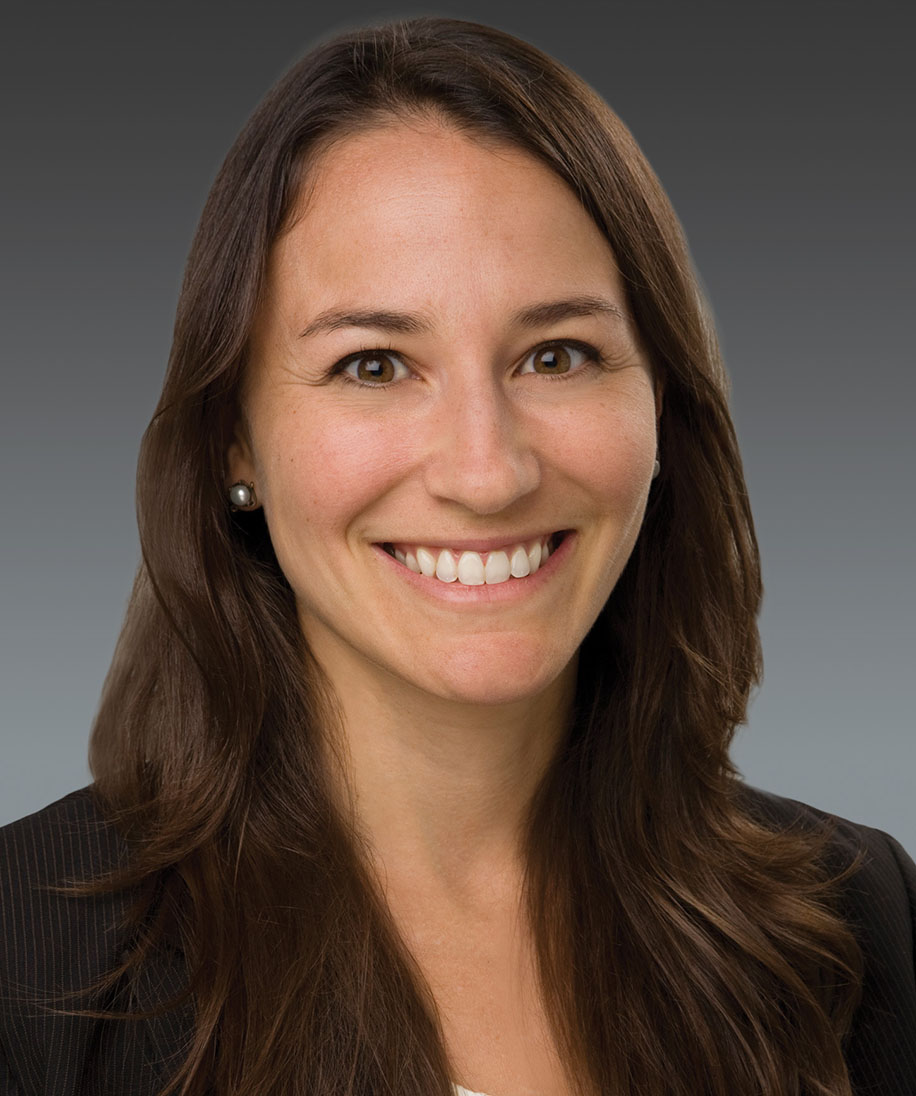

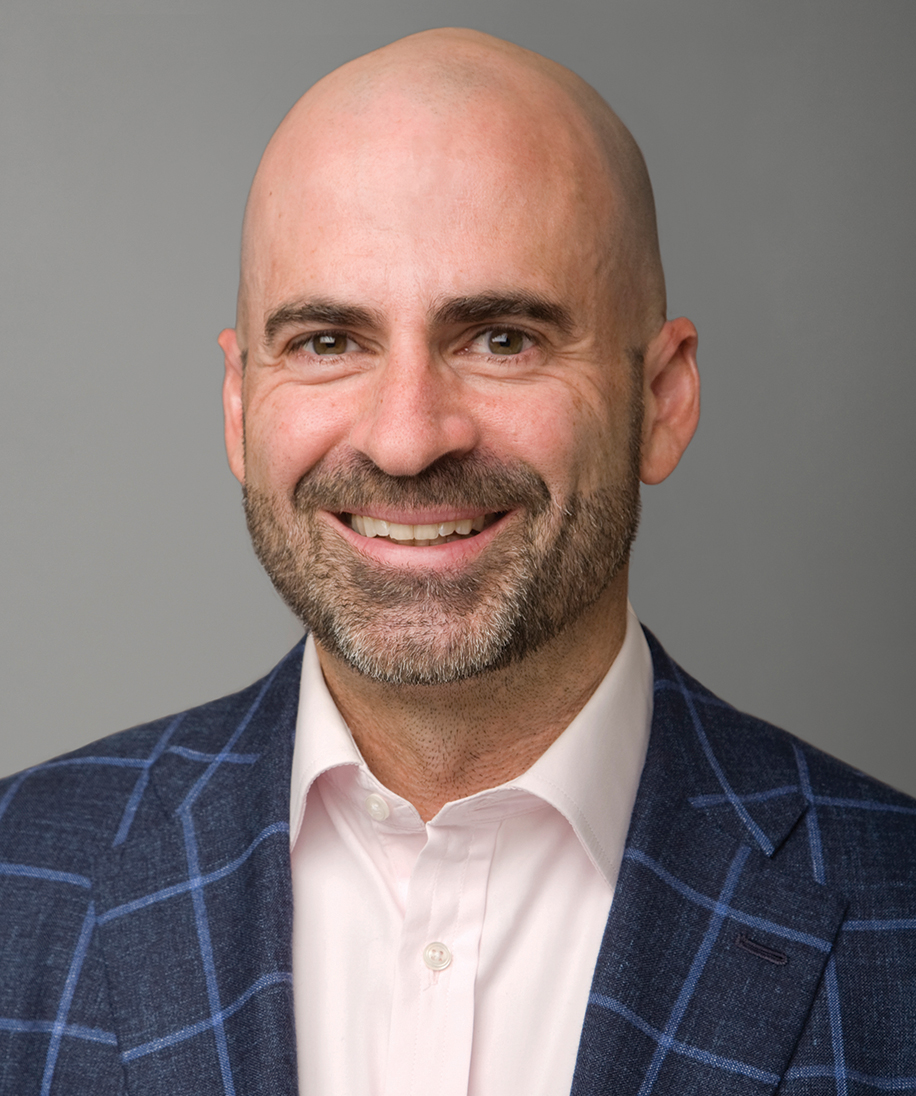

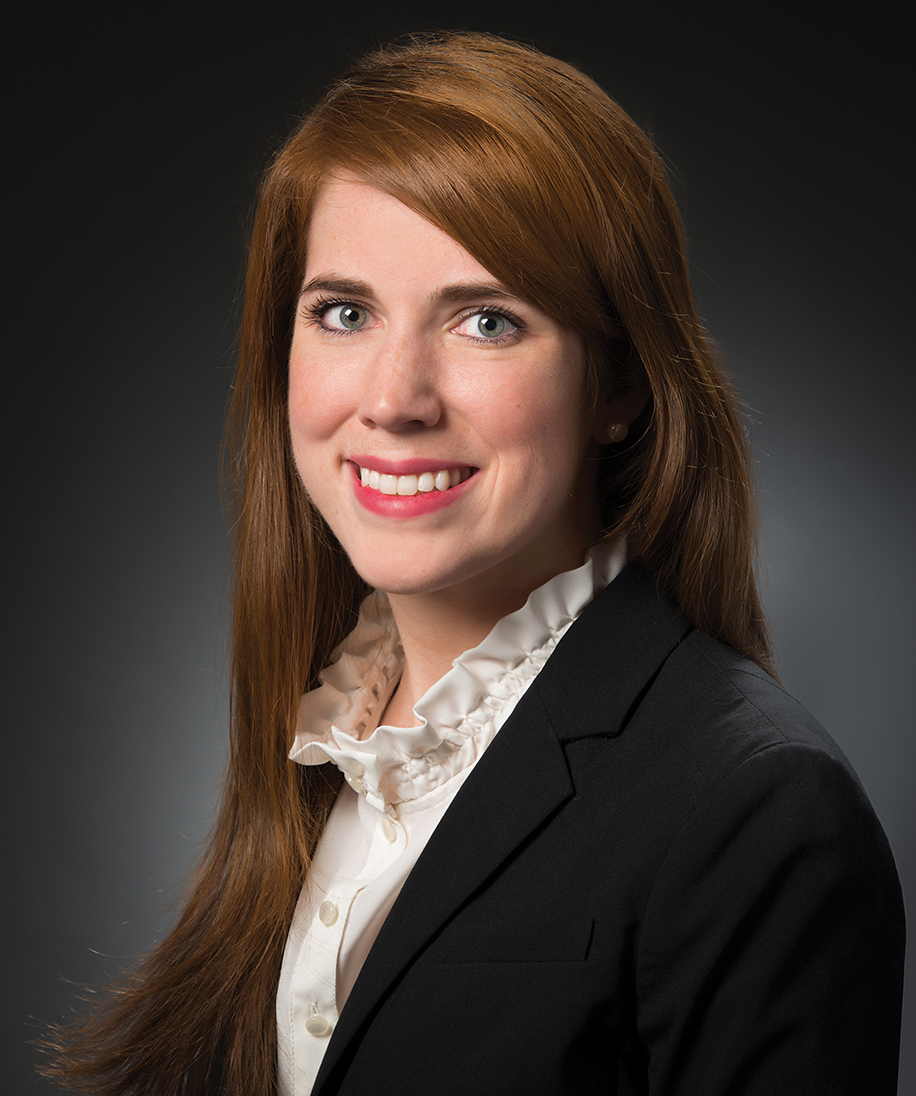
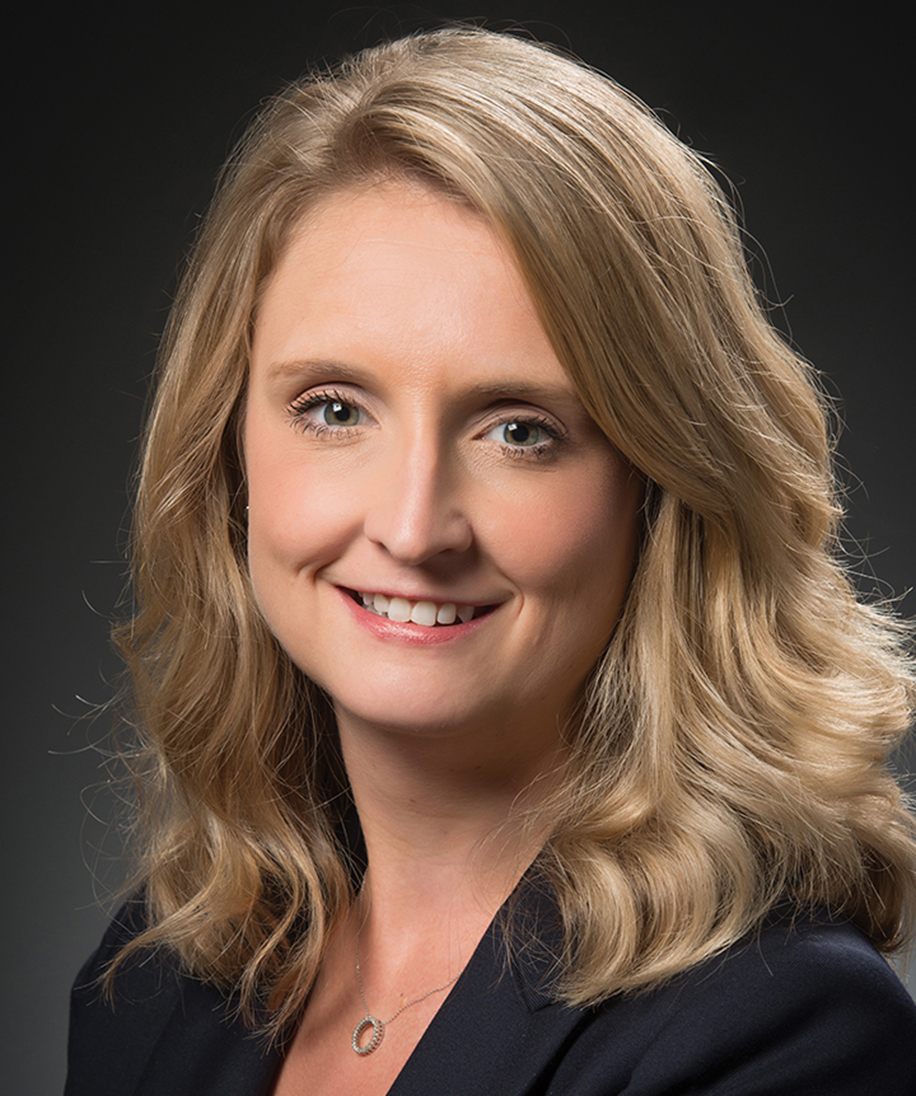


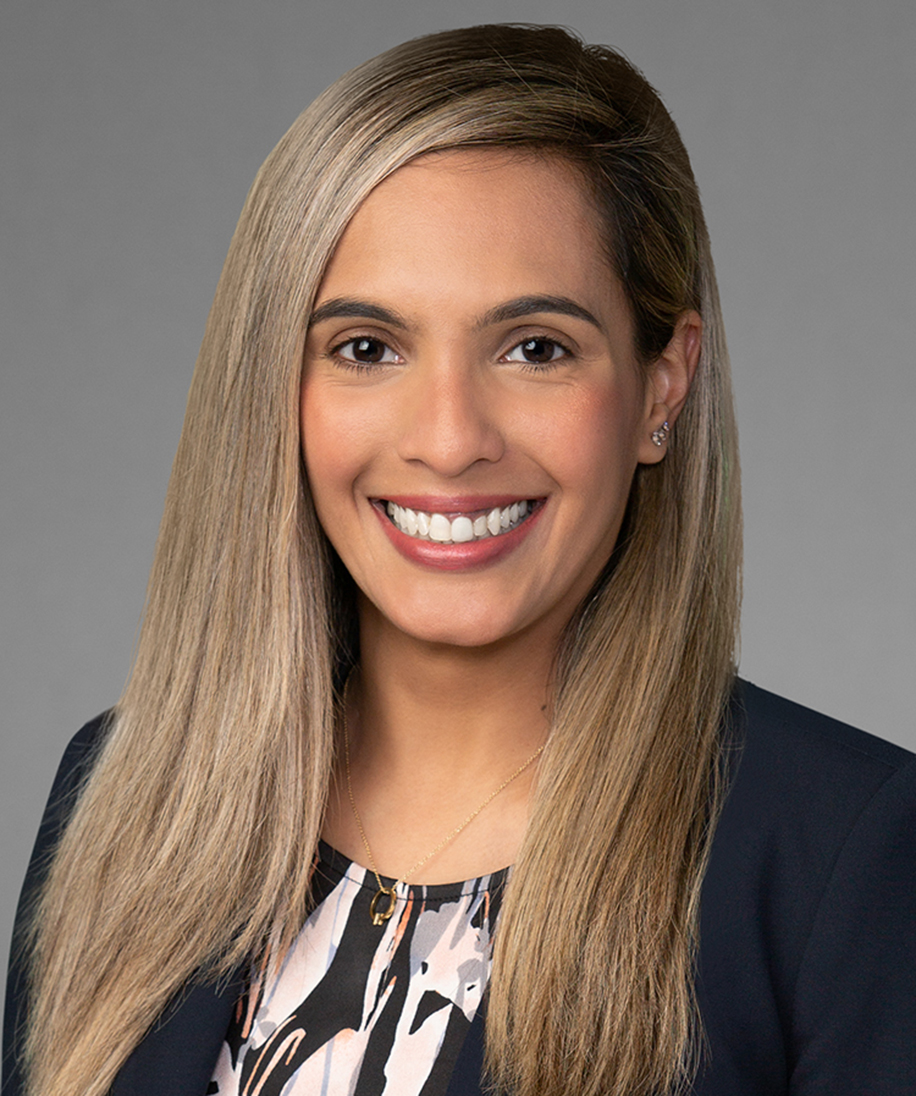
Practice Areas
For More Information








